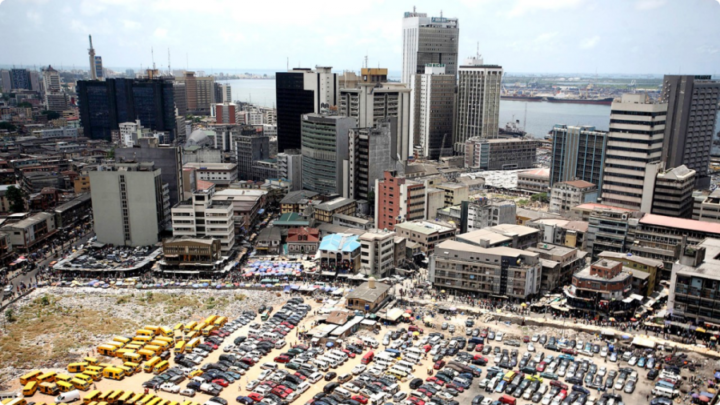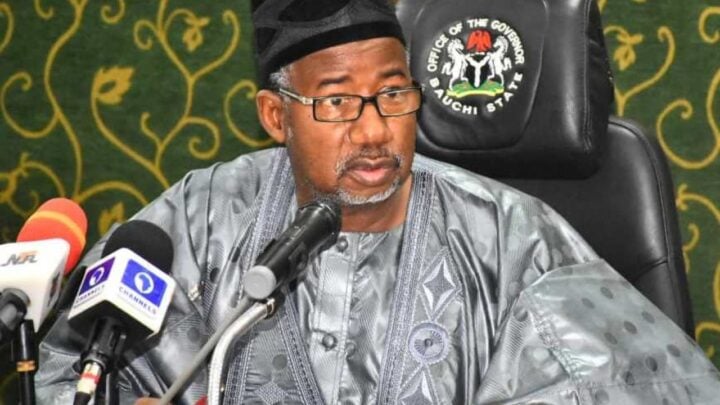Nigeria, Africa’s largest economy, surprisingly came out of a recession in the fourth quarter (Q4 2020), as the country’s gross domestic product (GDP) grew 0.11 per cent in the three months through December from a year earlier, against a contraction of 3.6 per cent in the third quarter.
The V-shaped rebound, though weak, reflects the gradual return of economic activities following the easing of restricted movements and limited local and international commercial activities in the preceding quarters.
The Q4 2020 GDP report released by the National Bureau of Statistics, shows that Nigeria’s average daily oil production in Q4 2020 stood at 1.56 million barrels per day (mbpd) — lowest quarterly oil production in at least two decades, from 1.67 mbpd in Q3 2020.
The fragility of the state of the economy was reflected in the fact that only 7 sectors (previously 9 sectors) expanded in Q4 2020 while 12 sectors (previously 10 sectors contracted)
Advertisement
In terms of contribution to GDP, agriculture, industries, and services comprised 26.95 per cent, 18.77 per cent, and 54.28 per cent respectively.
Trade, telecommunications, real estate, and crop production are the main drivers of Nigeria’s exit from recession, surprisingly, not crude oil.
Largest sub-sectors in Q4 2020 are crop production at 3.68 per cent, crude petroleum and natural gas at 8.2per cent, trade at 14.9 per cent, telecommunications & information services at 12.2 per cent, and real estate at 5.7 per cent.
Advertisement
Telecommunications & Information Services under Information and Communication sector grew by 17.64 per cent in Q4 2020 from 17.36 per cent in Q3 2020 and 10.26 per cent in Q4 2019. At 12.2 per cent, the Telecommunication sector is now one of the largest in the economy.
Crop production’s GDP grew in Q4 by 3.42 per cent compared to 1.39 per cent in the previous quarter, nearly double quarter on quarter. Crop Production constitutes a significant portion of Nigeria’s GDP and most of all.
Real Estate sector, which had been in contraction since the second quarter of 2019, finally snapped out of recession in Q4, when it grew by 2.81 per cent.
The Laggards
Advertisement
Trade GDP which constitutes 15.5 per cent of the total GDP, improved significantly despite still being in a contraction, slowing by 3.2 per cent compared to a 12.12 per cent contraction in the prior quarter.
Air Transport under Transportation and Storage sector contracted by 51.69 per cent in Q4 2020 from -38.86 per cent in Q3 2020 and 14.98 per cent in Q4 2019.
Education real GDP contracted 11.43 per cent compared to 20.74 per cent in Q3 2020 & -0.84 per cent in Q4 2019. 2020 Education real GDP contracted -9.22 per cent compared to 2.36 per cent in 2019
Insurance under Financial and Insurance sector contracted by 14.3 per cent in Q4 2020 from – 18.67 per cent in Q3 2020 and 3.21 per cent in Q4 2019. Financial Institutions under Finance and Insurance sector contracted by -2.48 per cent in Q4 2020 from 6.80 per cent in Q3 2020 and 22.33 per cent in Q4 2019.
Advertisement
Water Transport under Transportation and Storage sector contracted by 12.12 per cent in Q4 2020 from -17.37 per cent in Q3 2020 and 1.87 per cent in Q4 2019.
Accommodation and Food Services sector contracted by 15.03 per cent in Q4 2020 from – 22.61 per cent in Q3 2020 and 2.02 per cent in Q4 2019.
Advertisement
Advertisement
Add a comment







